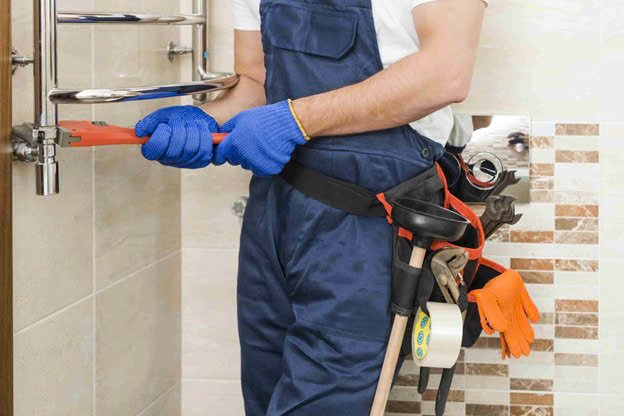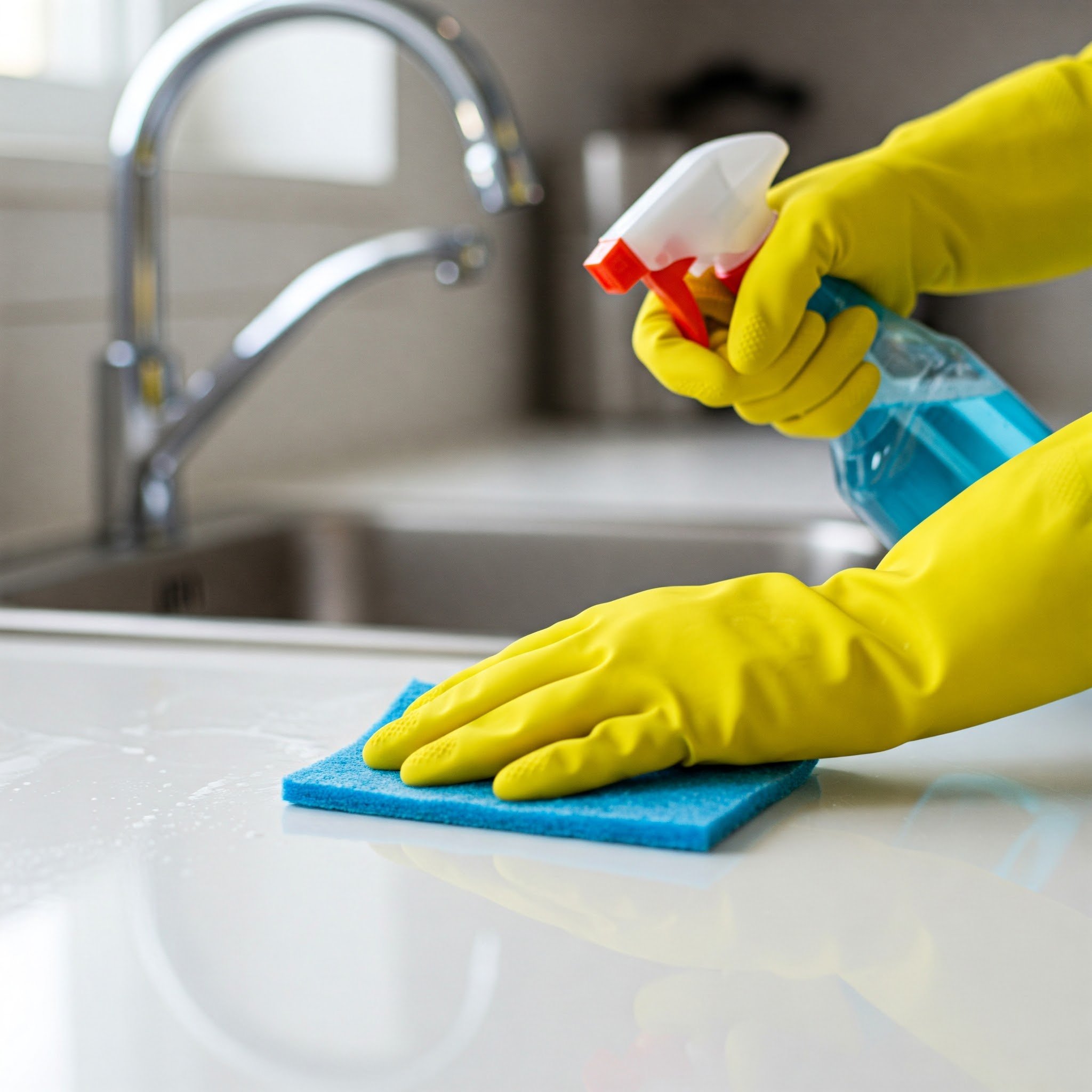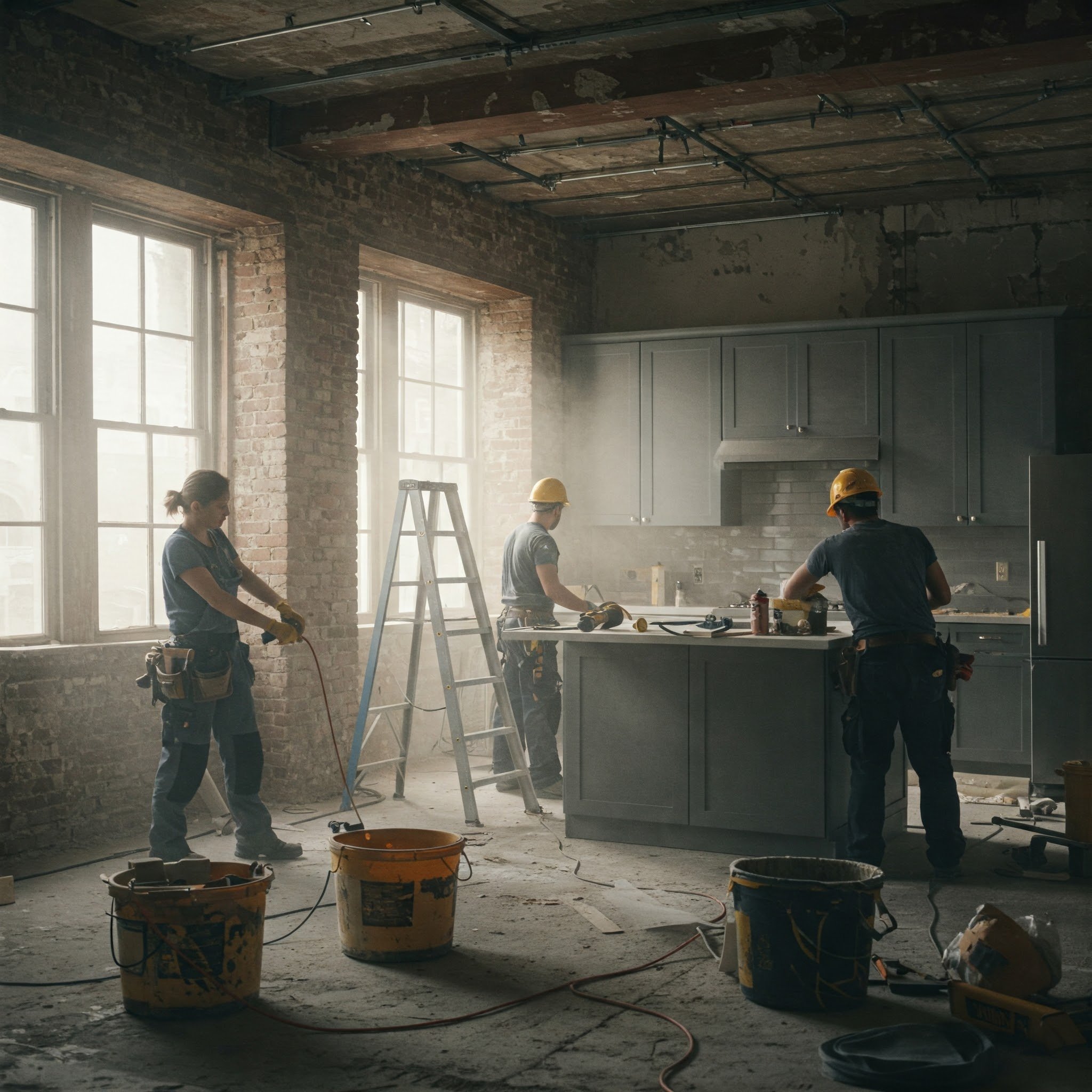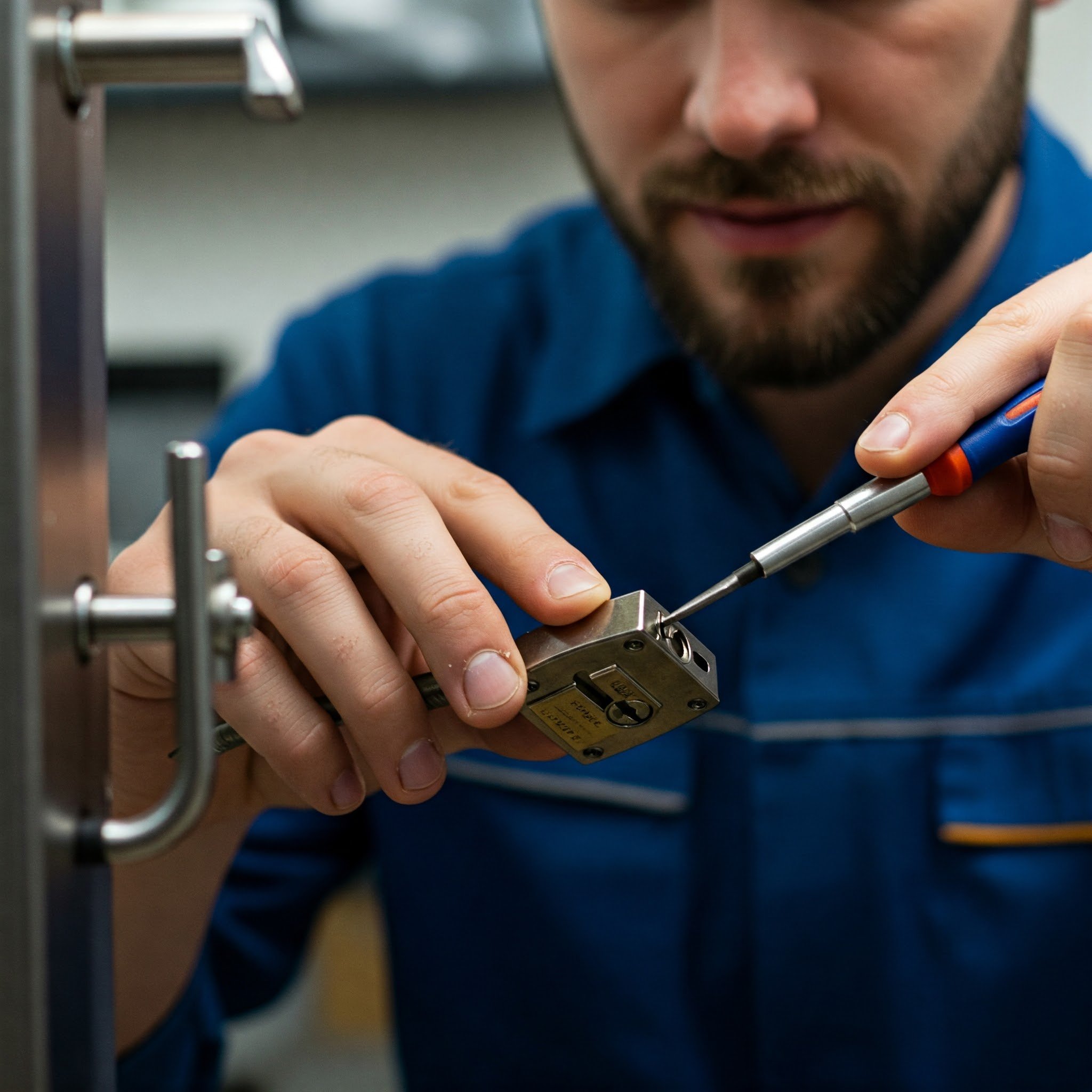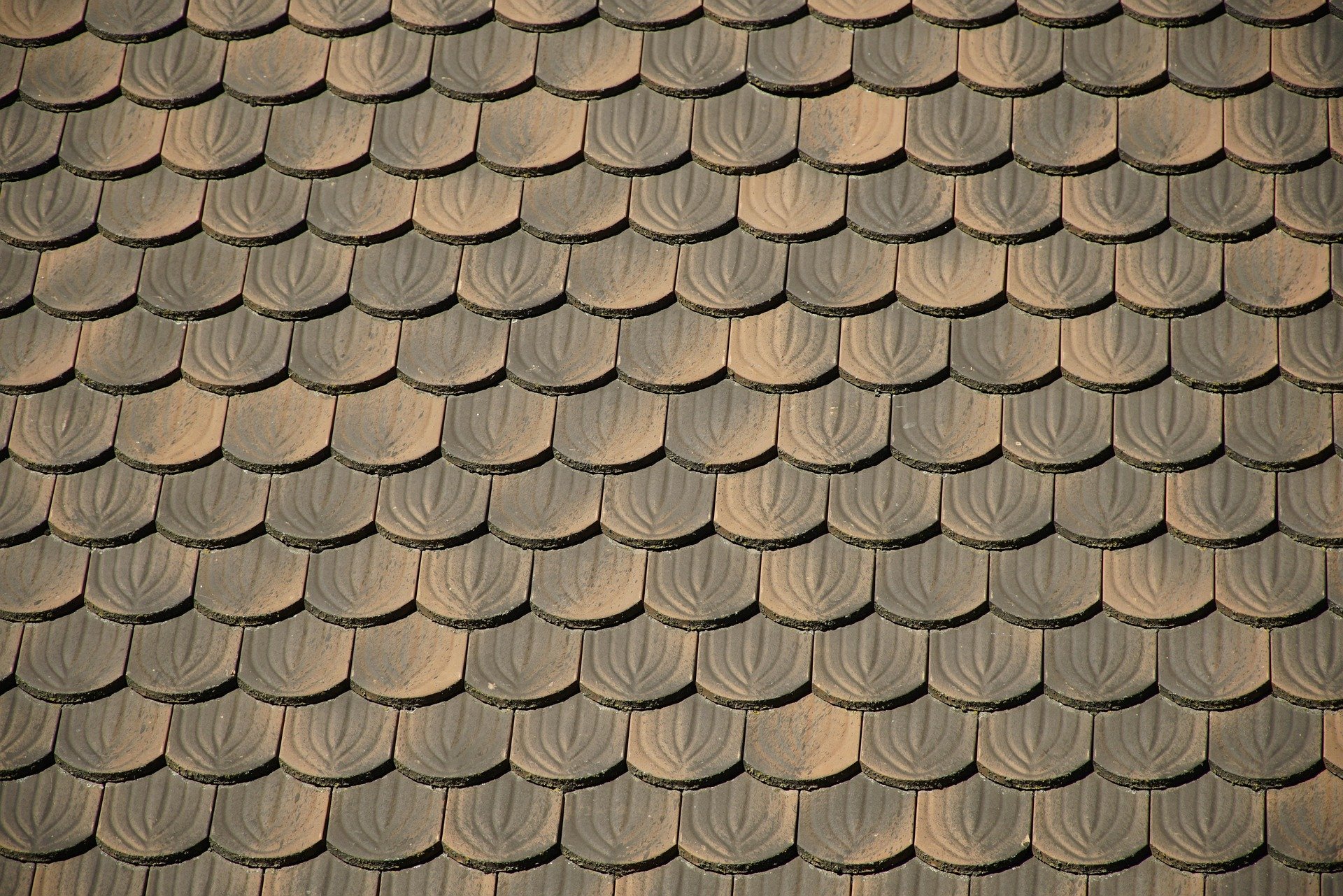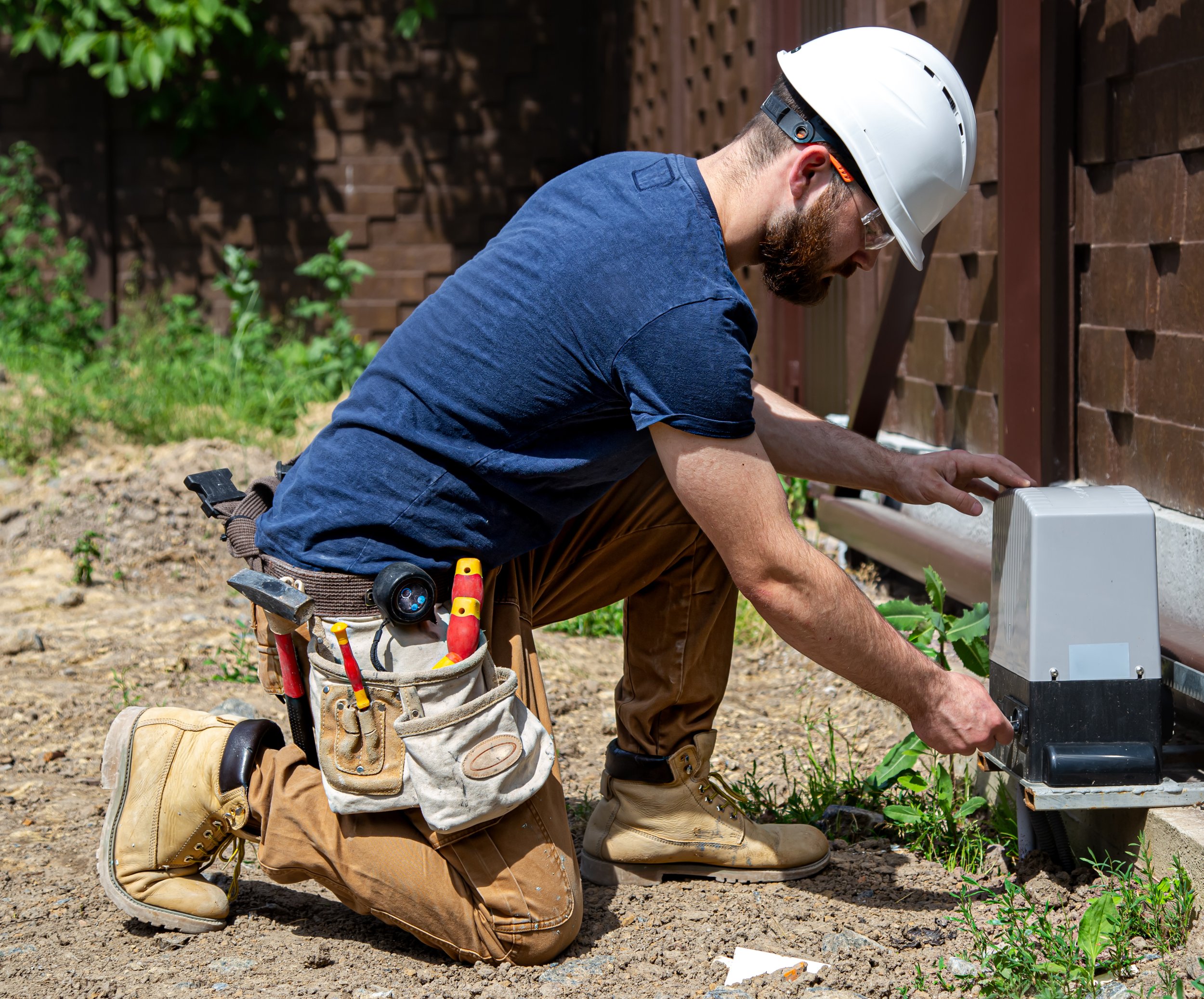Best Household Products To Clean Antiques and Heirloom Jewelry
Explore the best household products for cleaning antiques and heirloom jewelry, ensuring their preservation and shine for generations to come.
Image Source: Pexels
Delving into the world of cherished antiques and heirloom jewelry is akin to stepping back in time—every piece tells its own tale, whispering secrets of eras past. Yet, even timeless treasures need a little tender loving care to keep their stories alive and gleaming.
To restore that bygone sparkle without causing harm can feel like a delicate dance between preservation and polish. Today, we're exploring household products that offer a gentle touch for cleaning your precious relics—from pearls to wood—while safeguarding their storied charm for future generations to marvel at.
Alchemy in the Pantry: Mild Detergent Magic
When aiming to reveal the sparkle hidden beneath, something as simple as mild liquid detergent stands out, and can work for old-school pieces as well as new VRAI bracelets.
Mild detergent is a household staple with understated power, safeguarding both the allure and integrity of your treasured pieces. So here's how you harness this unassuming ally:
Begin with a Basin: Fill a small bowl with warm—not hot—water. Too much heat can be a silent enemy to delicate heirlooms.
A Drop in the Ocean: Add a few drops of mild detergent to create a solution that's gentle yet effective.
The Dip and Swirl: Submerge your jewelry or antique items into this soapy sea. Hold them there for just 2 to 3 minutes; any longer might lead to an unwanted adventure into wear-and-tear territory.
A Soft Touch: Use a soft-bristled brush—if you have one—to lightly caress intricate designs and remove grime from hard-to-reach places. Imagine it’s like brushing away cobwebs from cherished memories.
Rinse Reverently: Carefully rinse your treasures under lukewarm water, mimicking gentle rainfall rather than a torrential downpour, ensuring that all soap is washed aside.
Dry Diligently: Post-rinse, pat your jewelry dry with a paper towel or a kitchen cloth, and leave it to air for an hour or two to ensure that all of the remaining moisture has evaporated, before returning it to storage.
The Gentle Embrace of Baking Soda
For antiques with a bit more resilience, baking soda acts like a kind whisper to your valued artifacts, coaxing out their inner radiance without harsh repercussions.
Whether it's a vintage brooch or Mens Wedding Bands, baking soda's gentle touch can work wonders. For example, if you have a wedding ring with intricate engravings or ornate details, baking soda can help restore its original shine without damaging the metal or removing the finish. Simply apply the baking soda paste, let it sit, and buff it off to reveal the band's hidden beauty. This gentle approach ensures that your treasured ring remains a family heirloom for generations to come.
It’s also great for other household cleaning tasks. Follow this pathway to revitalize pieces with a history:
Forge the Paste: In a small dish, stir together baking soda and water in equal parts to create a paste that's neither runny nor too thick—it should hold its own like soft clay.
Selective Application: Using your fingertips or a soft cloth, apply this homemade concoction onto durable surfaces with care. Treat it as if you're giving history itself a reassuring pat on the back.
An Artisan’s Patience: Let the mixture speak to the tarnish for about half an hour; patience here is the historian's virtue.
Gentle Buffing: With diligence and affectionate care, gently rub away years of quiet obscurity using a lint-free cloth—the cycle of life giving way to new beginnings.
Final Flourish: Rinse off any lingering residue under lukewarm water—think of it as the antique's baptism into renewed life—and dry thoroughly yet tenderly straight after.
Whispers of Olive Oil: A Furnished Memory
Antique furniture has an aura that commands respect; their grainy faces full of stories. And even if you’re downsizing, classic pieces could still deserve a place in your living spaces. Olive oil, a household muse, provides a nourishing touch for these wooden storytellers. Let’s walk through the steps:
Prep with Polish: Begin by dusting off the surface of your furniture piece—think light strokes as if you were painting the air.
Concoct Your Elixir: Mix one part olive oil with one part white vinegar to conjure up a cleansing solution that revives without overpowering.
Test the Waters: Always do a spot test in an inconspicuous area, just as you would whisper a secret to make sure it's safe to share louder.
Apply With Heart: Using a soft cloth, gently work the mixture into the wood in circular motions—as if massaging life back into an old friend.
Buff to Brilliance: After sufficient time has passed and the mixture has worked its charm, buff off any excess with another clean cloth—it's like drawing open curtains to let sunlight kiss the room.
Reflection and Admiration: Stand back and admire how such simple ingredients have lovingly touched up your antique furniture’s splendor without fanfare or significant expenditure.
Window to the Past: Crystal-Clear Care for Glass Ornaments
Antique glass ornaments reflect moments in time, delicate and transparent. To care for these fragile pieces of history, white vinegar—an unassuming hero—can play a pivotal role here and elsewhere around the home. Below are the steps to handle such treasures with the reverence they deserve:
Preparatory Gaze: Inspect your glass ornament for any fractures or weak spots where extra caution is warranted.
Brewing the Potion: Dilute white vinegar with water, finding equilibrium like balancing two sides of a scale—one part vinegar to one part water should suffice.
Embrace with Softness: Dampen a microfiber cloth in this gentle solution—not too wet—to avoid overwhelming the antique's subtle strength.
Tender Wiping: Wipe down the surface of the glass object with smooth, flowing motions as if trying not to disturb a serene lake at dawn.
Detail Dancing: For those intricate nooks and crannies, enlist a cotton swab dipped in your vinegar mixture—it's all about precision without pressure.
The Final Gleam: Dry your cleaned ornament immediately with another dry lint-free cloth; leave no trace, just as wind leaves no trail on sand.
The Bottom Line
In the realm of heirlooms and antiques, every brushstroke is a verse in an ongoing legacy; every careful clean, a safeguarding of history. We've woven stories with household staples that double as tender restoratives for your precious keepsakes.
Consider these practices as not just a maintenance routine, but as small acts of preservation—reverent connections to the past, inviting tales to unfold aesthetically into the continuum of tomorrow. Will your treasured pieces speak their narrative for decades more?










